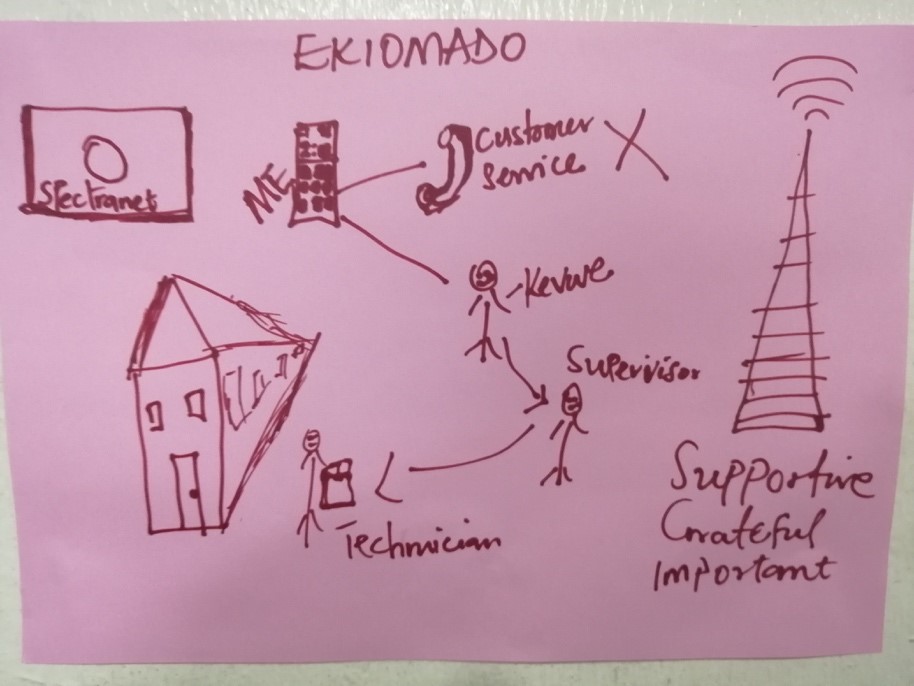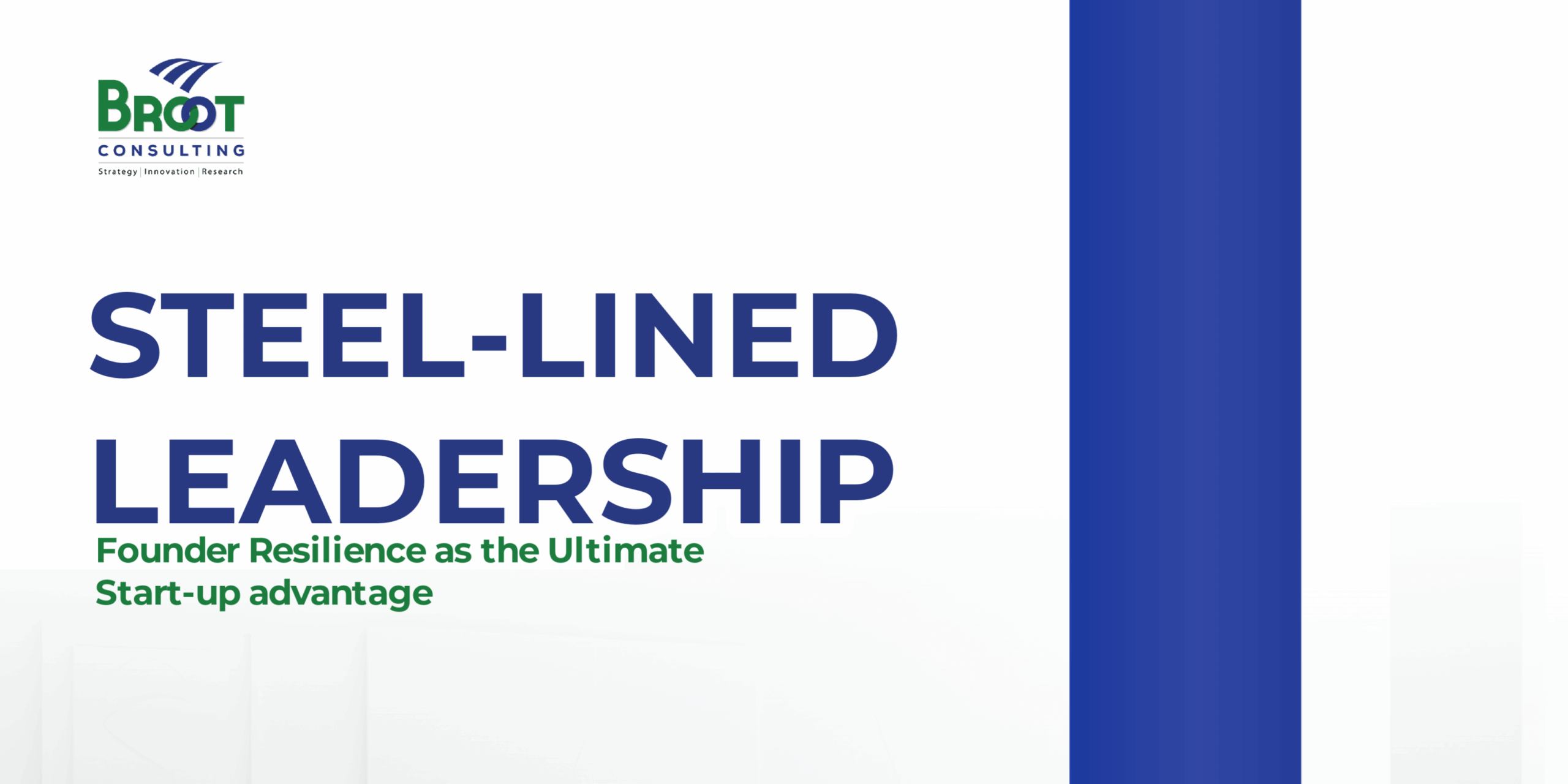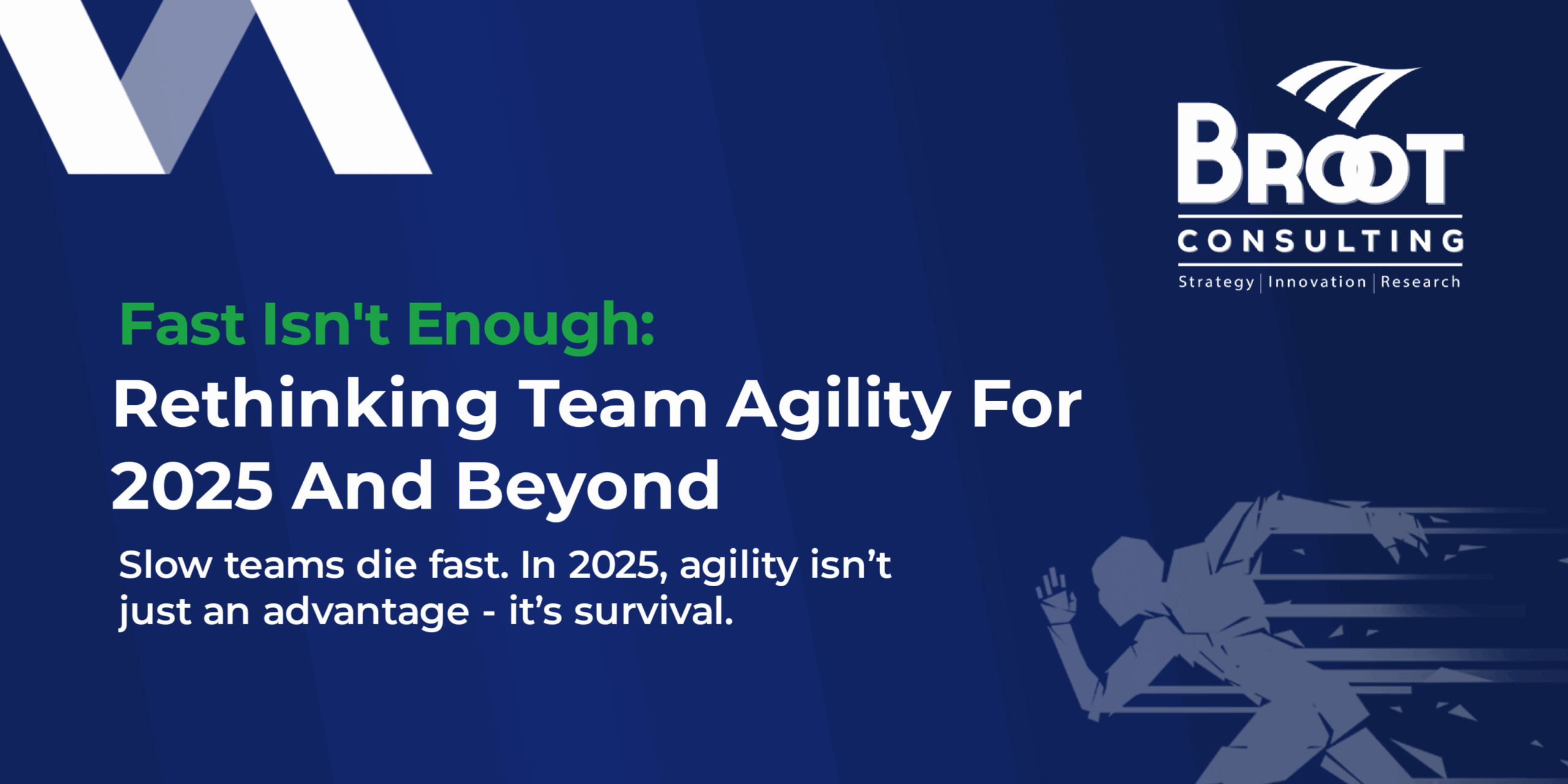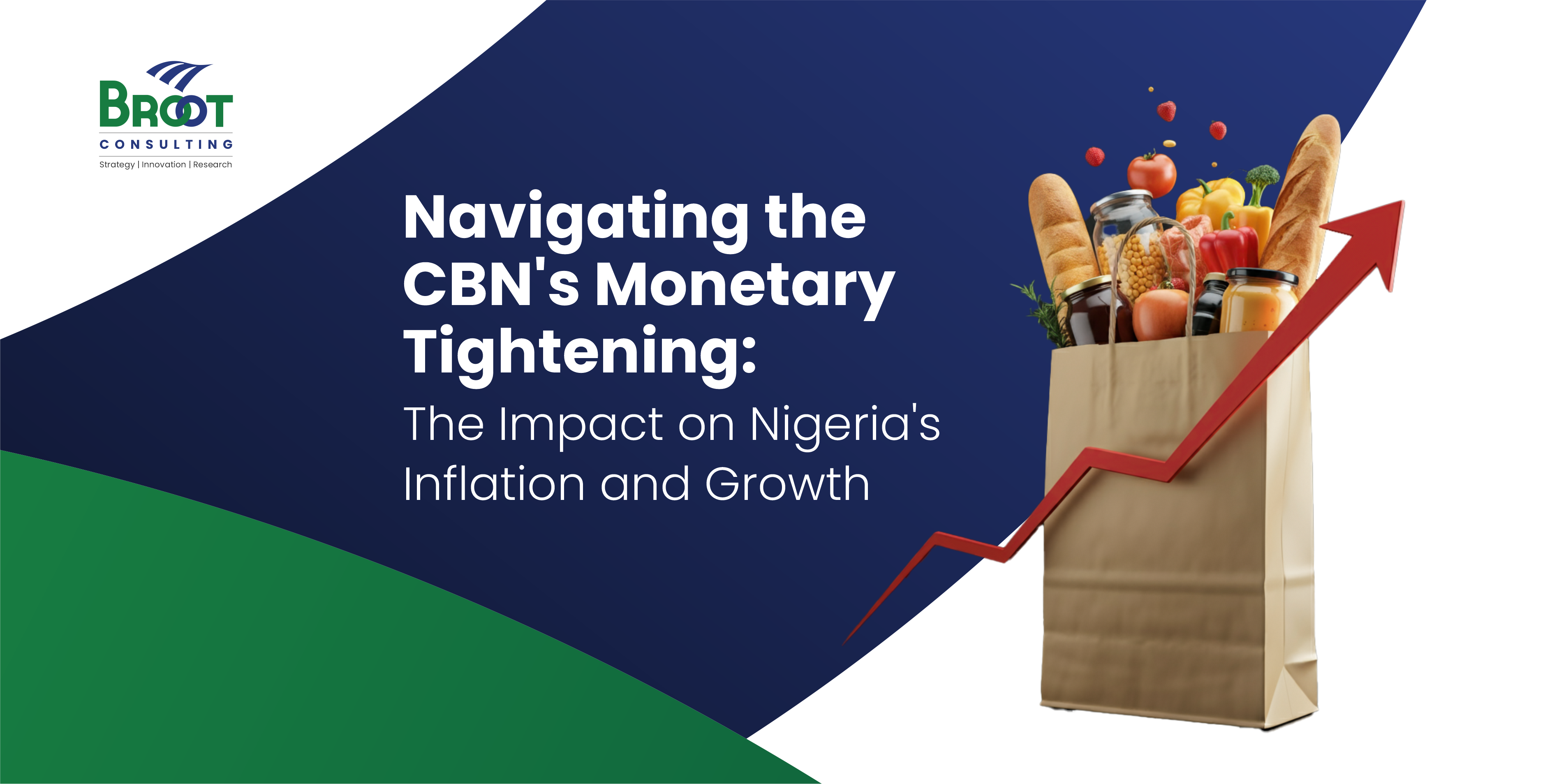“We will almost always do the right thing if we put ourselves in the shoes of others.”
Anonymous
Preface – Everything Will Be All Right
Sad, dejected and undecided. That was my state when I learnt that I was pregnant with triplet. I was apprehensive, wondering how I was going to combine the demands of three babies in my womb to the pressures of my work. Even though it was impossible to concentrate, I tried to keep a straight face, but my boss noticed and walked up to me to know what was happening. He said that everything was going to be well and indeed in the end, everything ended well. He gave me all the encouragement I needed and supported me throughout the whole ordeal. He never shouted at me or mistreated me. He lightened my work schedule and allowed me to work remotely anytime; I could not make it to the office. I felt deeply relieved.

The above narration is not a piece of fiction; it is the story of Tosin Bowale, an amazing woman, full of energy and a grateful heart to her boss and her employer; First Bank Plc. The encouraging act from her boss made all the difference, and it was possible because someone chose to walk in the shoe of another. Being empathetic to the plight of others, observing what they say, and what they do to and understand their pain points is a significant skill that must be developed to achieve breakthrough success.
Individuals and organisations that understand and practice empathy will always win. Empathy should drive our offerings. To get your employees motivated and be at their best, to achieve radical innovations, excellent customers experience and loyalty the one secret is to practice Empathy. So, what is Empathy?
Learn from Their Insights
Taking a session on Empathy during our just concluded Design Thinking Workshop in Lagos, I asked participants to draw, on a sheet of paper, an illustration of how they have received empathy in the past. All were beautiful stories; however, I chose three of the experiences illustrated and narrated by three participants. I will share three of them in this article. You have already been introduced to the first story of Tosin Bowale.
From Tosin’s story, we saw a boss who went the extra mile to understand the employee’s situation. How did Tosin describe her experience? In the beginning, she was SAD, DEJECTED and UNDECIDED, at the end and with the support of the empathetic boss she was HAPPY and HOPEFUL. The boss said it would be well and it all ended well. Today, she is more determined to serve the bank and give all her best to contribute to the bank’s corporate goals. She gave birth three (3) months ago, today she is back to work and even attending a Design Thinking training. This incredible story teaches that by showing empathy, her boss transformed her pain into pleasure. Below is the sketch that Tosin drew to explain how she received empathy.

What Is Hospitality, If It Lacks Empathy?
In the second narrative, Bamidele Kutemi, another participant, took a trip to South Africa for a 3-day training. She went into premature labour after one night in the ParkInn Hotel where she lodged for the training. She called the hotel to report the medical emergency; unfortunately, they could not offer any help. Then she reached out to a course colleague whom she had only met for one day. Her colleague made some calls, and fortunately, Bamidele was rushed to the Hospital and eventually spent the next three months in that hospital in South Africa. Sadly, the hotel where Bamidele had planned and paid to stay for three days was not even aware that she was not around. They did not even place a single phone call to check on how she was doing despite being aware of her medical emergency.
After the ordeal, she went back to the hotel for a refund since she did not stay the agreed days and they refused to make the refund. There’s a sharp contrast between this and the first story. The hotel lost the opportunity to convert a one-time customer to a lifetime customer and if you may, brand ambassador. After the experience, we can be sure that Bamidele will not allow anyone that she knows to patronise this hotel ever. On the other hand, Bamidele’s host who had only just met her took care of her “as if she was at home”. She remembers the experience with her host as relieving, God-sent, and she felt indebted.

Thumb Up For Spectranet Technician
The third story belongs to Ekiomado Omoregie. It was an encounter with customer service. “I had an issue with my Spectranet MiFi, and I couldn’t get the providers to solve the issue remotely after several calls. The normal practice should have been to take the MiFi to their office; however, I was busy, and I had made up my mind that I would not visit their stores if they couldn’t fix the problem from their end. I spoke to my friend about this, and after some calls, a technician at Spectranet came to my house and fixed the MiFi”. How did Ekiomado describe the experience? SUPPORTIVE, GRATEFUL and IMPORTANT.

Today, Ekiomado has become a strong advocate of Spectranet, and by her testimony, she has been able to convert more customers for the telecom company. In this story, we see a company that understood that the problem was really about convenience and showing concern for the user enough to provide personalised service and moved to change the conventional system and that turned a customer who was on the verge of dumping a product into a loyal brand ambassador.
The Morals and The Lessons
The morals of these stories hold big lessons for us all. Opportunities to make everlasting impacts in the lives of people are all around us all the time disguised as various problems and issues. We do not have to look for these opportunities with magnifying glasses. One way we can always pass the exam is by putting ourselves in the shoe of others. We will always do the right thing when we keep that rule, and there is much gain for the one rendering, the one receiving and the whole world at large. What you do in that one moment is all it takes to lose a relationship – be it a friend, an employee or a customer. However, this moment is also all it takes to convert a normal everyday relationship into a lifelong partnership which could bring tremendous benefits to you, your organisation and the society at large.




